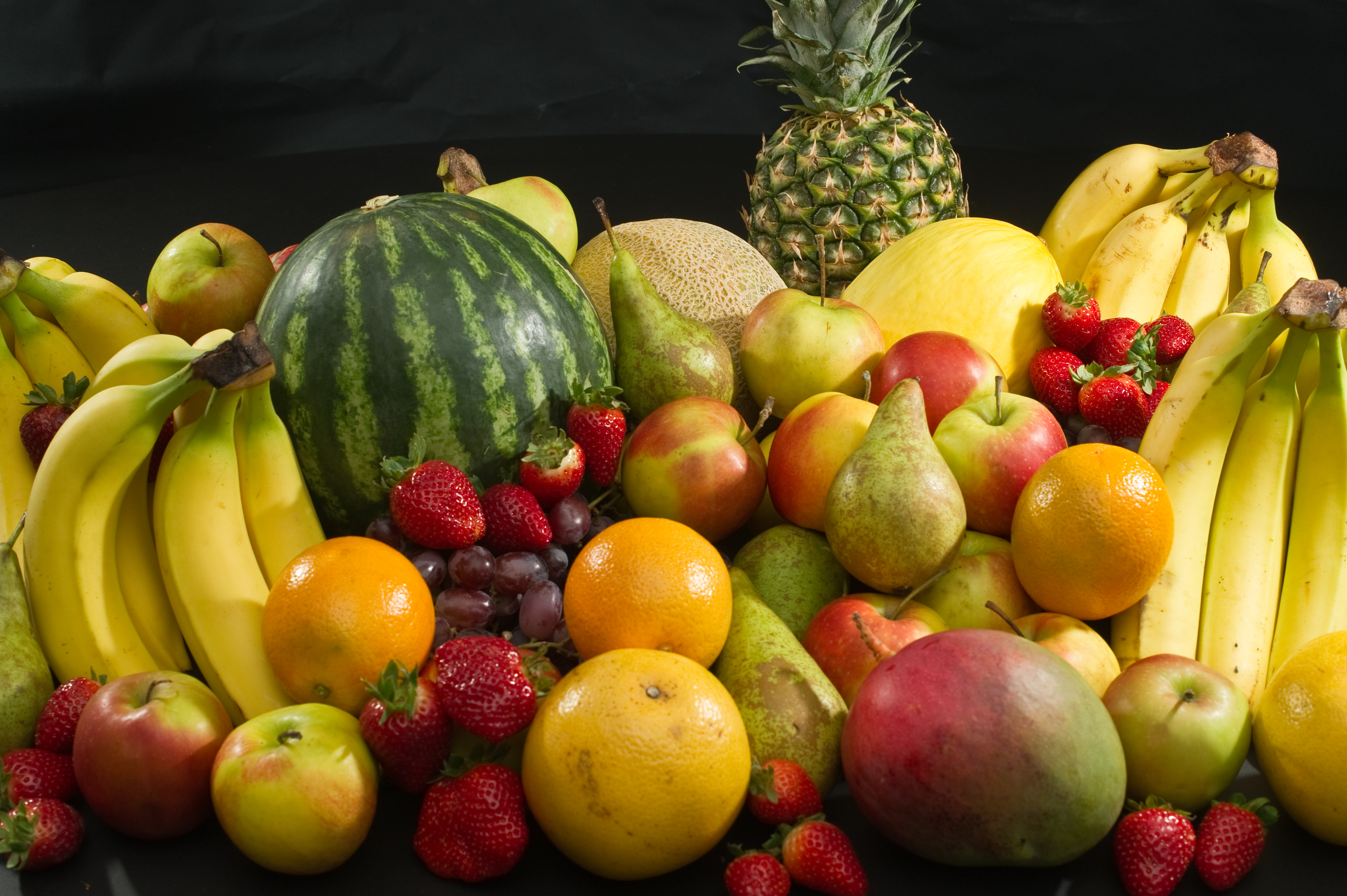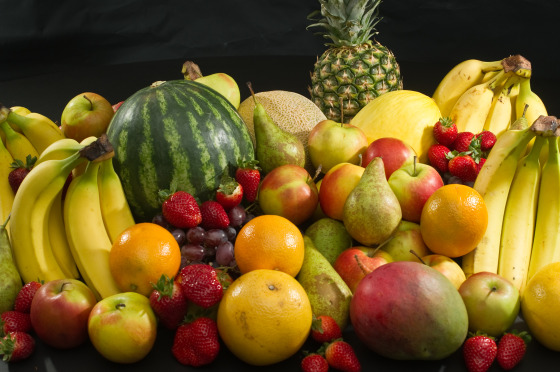Hormone disrupting chemical found in fruit & veg despite EU ban: Trouw


Almost one in five samples of fruit and veg in Dutch shops contains remnants of hormone disrupting chemicals despite EC rules, an investigation by food watchdog NVWA has found.
The research, reported on by newspaper Trouw, shows that around half the nectarines, grapes and peaches imported from Spain contain chemicals used in agriculture that can cause endocrinal disruption. A disturbance of the hormonal balance has been linked to a host of congenital diseases, such as autism, diabetes, infertility and ADS. Pregnant women and babies are particularly at risk.
Other fruit, vegetables, herbs, seeds, grains, potatoes and nuts also had the hormone damaging chemicals. An analysis by NVWA of over 3,000 samples in 2017 revealed that 21% of vegetables were affected, 19% of fruit and 28% of herbs. Some products contained more than one chemical.
The main culprits are producers from outside Europe with the Dominican Republic heading the list, although Spanish producers come in at number 13. Dutch products too have been found to contain the chemicals. Chili peppers (20%), cucumbers (18%), apples (12%), Brussels sprouts (11%) and strawberries (9%) were found to be affected.
‘The limits are mainly broken by countries outside the EU, namely Asian countries, Turkey, Colombia, Suriname, the Dominican Republic, Mexico and Kenya,’ the NVWA said. ‘Risk products from these countries are given extra checks at the point of import.’
Pan Europe
In a separate report presented to the European Commission on Tuesday, environmental organisation Pan Europe said over 180 pesticides have been admitted to the market since 2011 without having been tested for hormone damaging properties. This is despite a European Commission rule from 2009 that bans such chemicals in food.
The rule ‘a dead letter’ and the chemicals are ‘an attack on the health of European citizens’, the organisation said.
Pan Europe points out that scientific tests to detect the presence of the chemical have been have been available since 2012 while a directive to determine the risks endocrine disruption by pesticides was put in place only last year. The EC should have made the test an obligatory part of the process for approval, the organisation said.
In a reaction, the Commission said several of the pesticides had been admitted before the scientific test had been developed and that one of the investigated pesticides will be removed from circulation shortly.
Thank you for donating to DutchNews.nl.
We could not provide the Dutch News service, and keep it free of charge, without the generous support of our readers. Your donations allow us to report on issues you tell us matter, and provide you with a summary of the most important Dutch news each day.
Make a donation